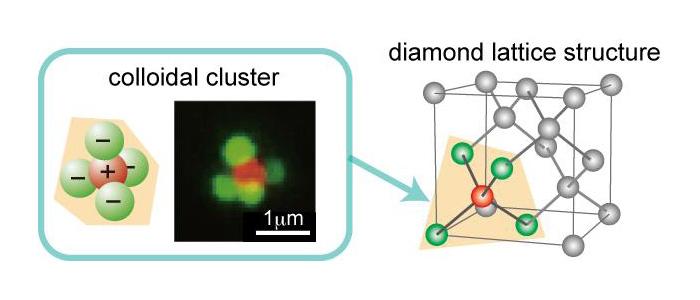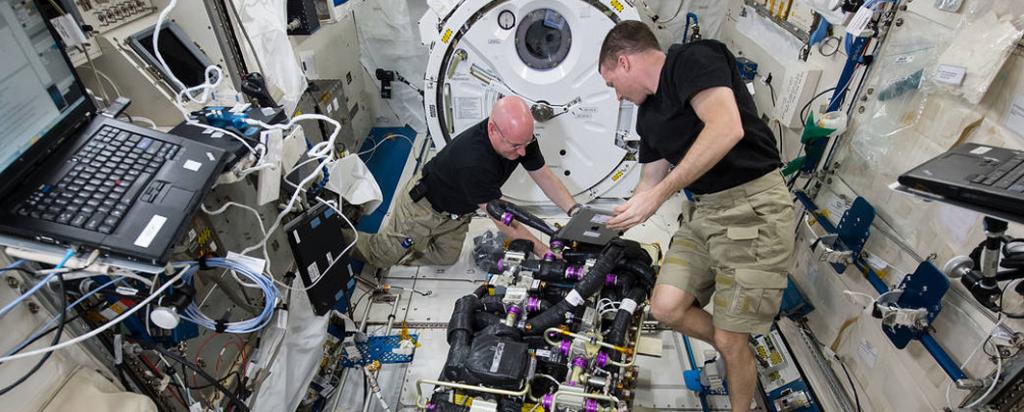

Published on the 22nd August 2018 by ANSTO Staff
A research proposal on the association of colloidal particles by Professor Junpei Yamanaka, Associate Professor Tohru Okuzono, Lecturer Akiko Toyotama of Colloid and Polymer Laboratory of Graduate School of Pharmaceutical Sciences, Nagoya City University, has been accepted as a space experiment theme of Japan Space and Aerospace Exploration Agency (JAXA).
Work has started on the experiment in Japan—in preparation for experiment module “Kibo” to be undertaken on the International Space Station (ISS) in latter half of 2019.
Structure analysis of the colloidal samples will be performed in collaboration with Dr Jitendra Mata, at ANSTO.
The experiment is aimed at an investigation of association structures of micrometer-sized negatively and positively charged colloidal particles of silica, polystyrene and titania.
The microgravity environment of the ISS, where gravitational sedimentation can be safely ignored, will provide ideal conditions to determine a precise phase diagram of the association.
The cluster samples will be fixed in polymer gels in space, and returned to Earth for a detailed structure characterisations in Nagoya and at ANSTO.
ANSTO is the home of state-of-the art reactor based instruments Quokka- Small Angle Neutron Scattering (SANS) and Kookaburra - Ultra Small Angle Neutron Scattering (USANS). Combined data of these cluster samples from the two instruments will provide valuable knowledge of structural morphology at a large length scale (~1nm to 30 µm) without compromising crystal environment or samples.
“With contrast variation SANS and USANS, it is possible to gain information on the role of individual components in the clustering process,” said Instrument scientist Dr Jitendra Mata
The colloidal clusters can be used as essential building blocks of diamond-like photonic materials in future. The results will be helpful in both the pharmaceutical and medical fields, as a model to understand the mechanism by which various diseases are caused by biomolecule aggregations.
ISS image credit: NASA/ESA